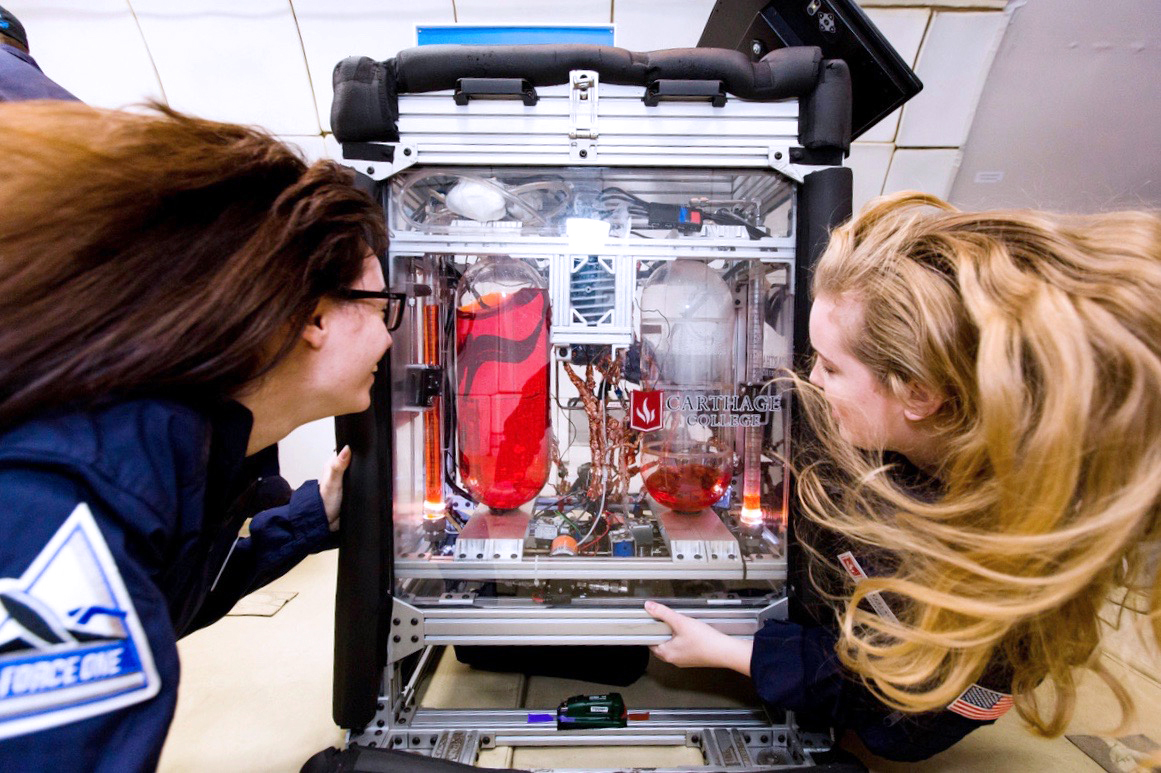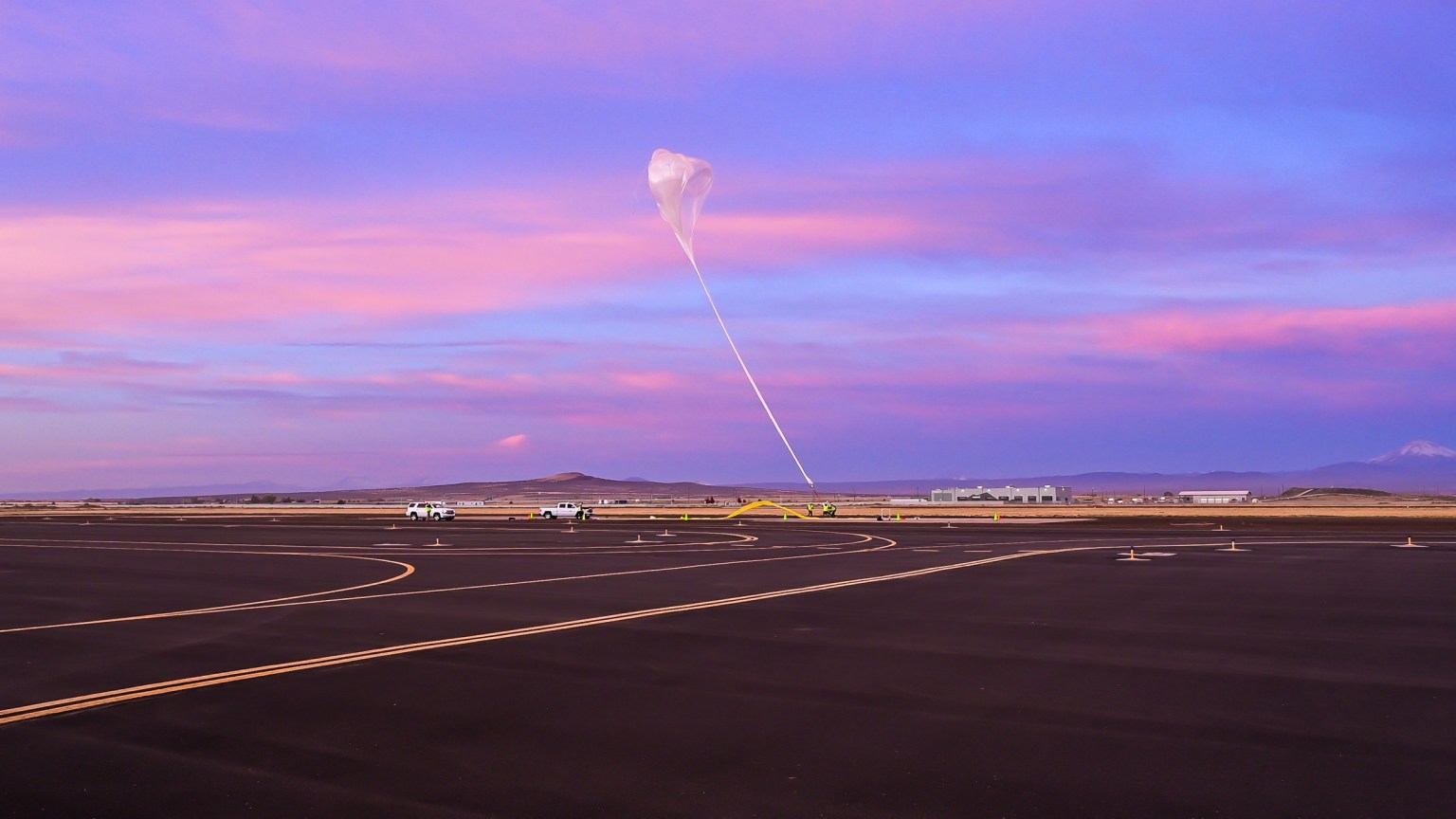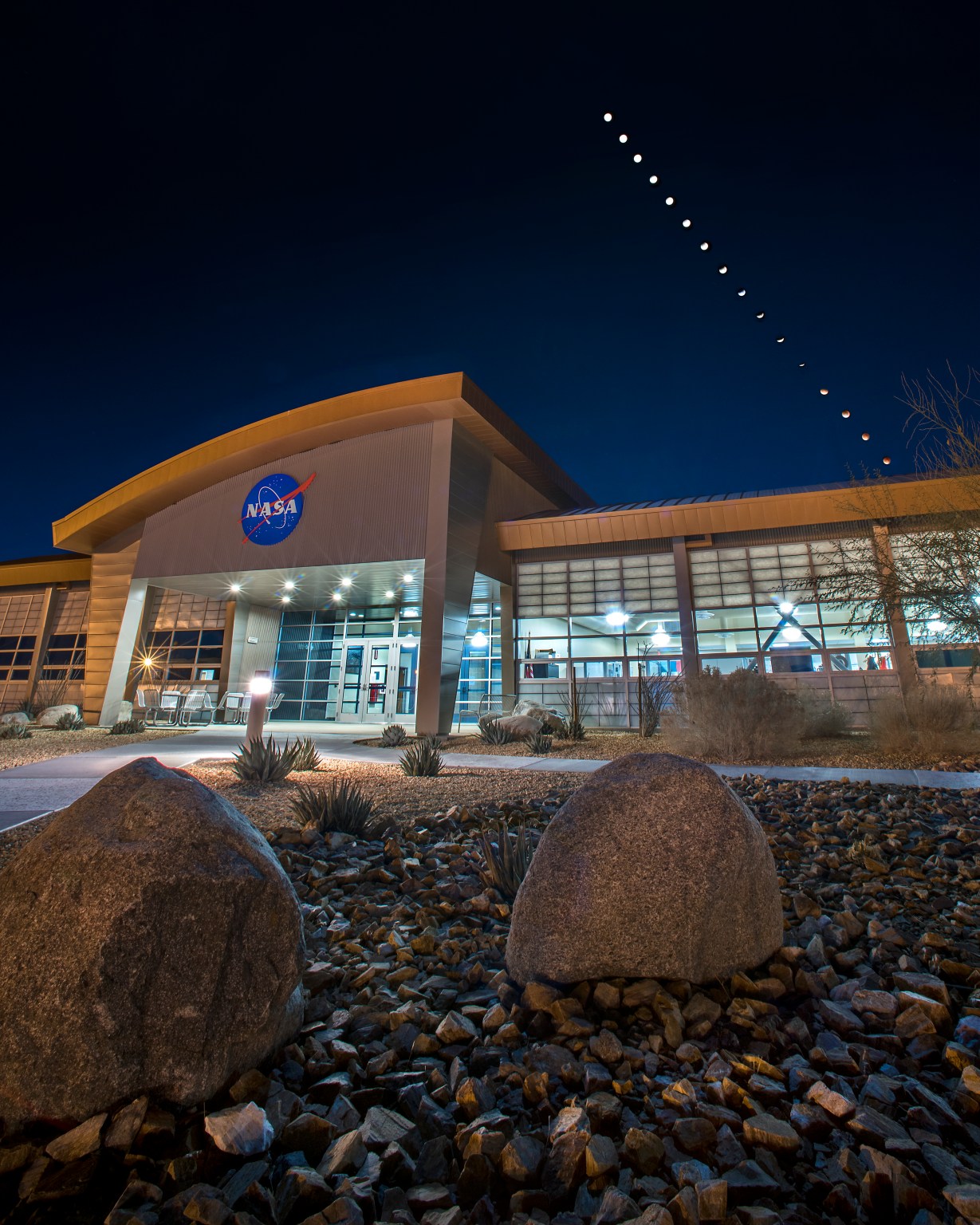NASA is inviting commercial businesses, academic institutions, entrepreneurs, and other innovators to compete in a new challenge that will provide payload development funding and access to suborbital flight testing for innovative space technologies. The NASA TechLeap Prize aims to rapidly advance technologies for space exploration and Earth observation.
The current phase of NASA TechLeap Prize, Autonomous Observation Challenge No. 1, is looking for SmallSat observation technologies that can autonomously detect, locate, track, and collect data on transient events – both on Earth and beyond. These technologies could advance optical communications networks, aiding lunar exploration in detecting, tracking, and establishing line-of-sight communications with any lander, rover, or object on the Moon.
The NASA TechLeap Prize addresses gaps that are of significant interest to the small spacecraft research community. “Advancements in autonomous observation technologies will be critical for many future missions that rely of the advantages of small spacecraft,” said Christopher Baker, program executive for both the Flight Opportunities and Small Spacecraft Technology programs. “Through this competition, we are hoping to truly change the pace of space by using suborbital testing to increase the speed with which we can advance and de-risk technologies to the point where they are mission-ready.”
Participants must register for the TechLeap Prize by July 28, 2021. Submissions are due Aug. 11, 2021. Up to four winners may receive awards of up to $500,000 each to build their payloads. NASA intends to provide winners who successfully develop their payload with a suborbital flight test on a NASA-contracted flight services provider.
The NASA TechLeap Prize is funded by NASA’s Flight Opportunities program, which helps a wide range of space technologies reach maturity more quickly by testing them on suborbital flights. These tests can provide critical data and insight into how a technology is expected to perform in its intended space environment, as well as help reduce risk prior to much more costly orbital missions. For this challenge, Flight Opportunities is working closely with NASA’s Small Spacecraft Technology program to address gaps that are of significant interest to the small spacecraft research community.
For more information about the TechLeap Prize, visit: https://www.NASATechLeap.org
About the NASA TechLeap Prize Administrators
NASA’s Flight Opportunities program, part of the Space Technology Mission Directorate (STMD) at the agency’s Headquarters in Washington and managed at NASA’s Armstrong Flight Research Center in Edwards, California, is conducting the challenge. Flight Opportunities rapidly demonstrates promising technologies for space exploration, discovery, and the expansion of space commerce through suborbital testing with industry flight providers. The program matures capabilities needed for NASA missions and commercial applications while strategically investing in the growth of the U.S. commercial spaceflight industry.
NASA’s Small Spacecraft Technology program is also part of STMD and is managed at NASA’s Ames Research Center in California’s Silicon Valley. The program expands the ability to execute unique missions through rapid development and demonstration of capabilities for small spacecraft applicable to exploration, science, and the commercial space sector.
The NASA Tournament Lab, part of the Prizes, Challenges, and Crowdsourcing program within STMD, is managing the challenge. The program supports public competitions and crowdsourcing as tools to advance NASA research and development and other mission needs. Leveraging its NASA Open Innovation Services 2 vehicle, NASA contracted with Carrot, who is serving in the role of prize administrator for the competition.
Learn more about opportunities to participate in your space program via NASA prizes and challenges: https://www.nasa.gov/solve





























